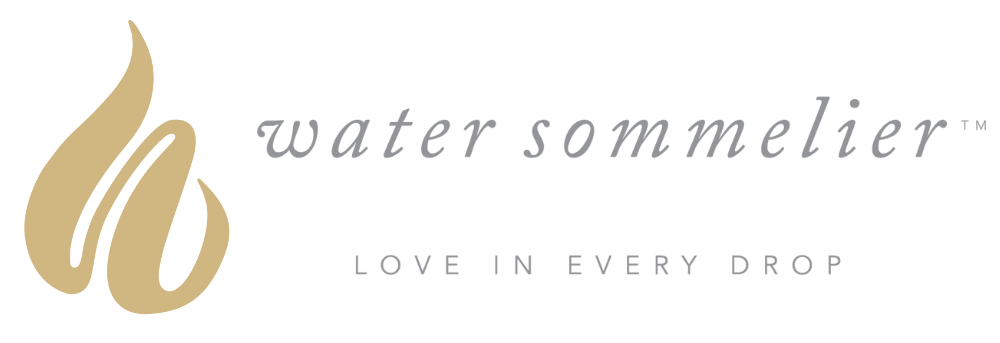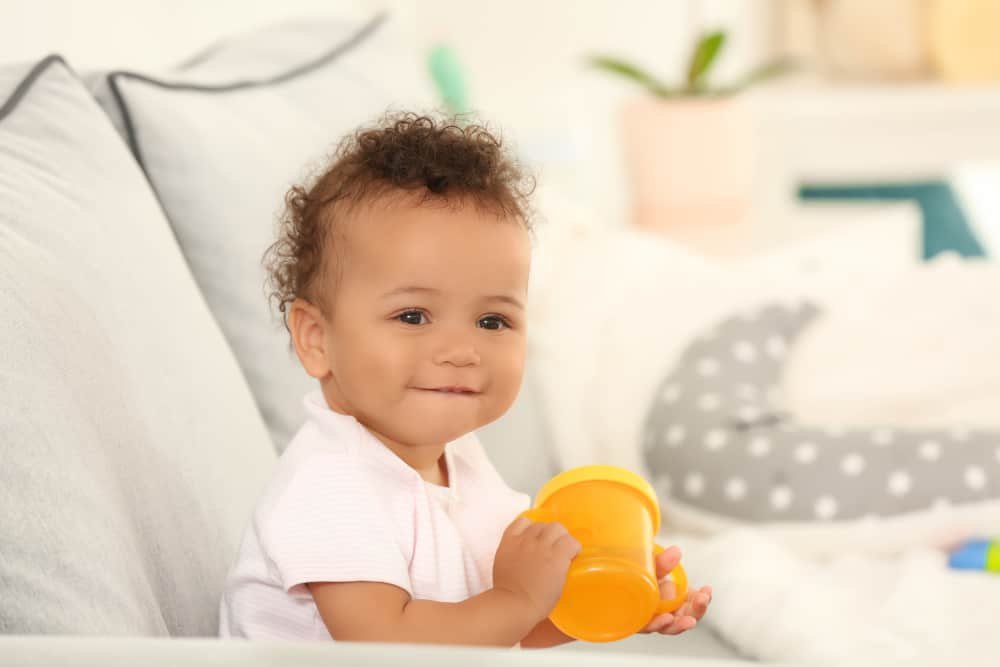Can Babies Get Dehydrated? A Registered Dietician’s Take
March 8, 2022
Written by Lauren Kelly, RD, @ Little SpoonW ater makes up about 75% of body weight in infants (~65% in toddlers) and is key for basically every aspect of life. From regulating body temperature to keeping our organs working well, there’s not much we can do without water. Staying well hydrated even helps to prevent infections. Hydration is a huge part of your babe’s health, so it’s important to know the basics.
How can I make sure my mini stays well hydrated?
As parents, we have so much to juggle every day. We tend to focus on making sure our child is eating enough, which is obviously super important. But hydration may not always be the first thing that comes to mind when our baby cries, especially if we’re not great at drinking enough water ourselves. Plus, depending on their age, communicating thirst may not be something your little one can do. So how can you ensure that your baby is staying hydrated? Here are a few strategies:
Keep a water bottle around at all times—in your diaper bag, at the highchair, in the playroom. If a water bottle is within reach, it is more likely you will be reminded to offer it to your baby.
Offer water when your mini wakes up whether that’s from overnight or from naps. We tend to be dehydrated when we wake because it has been a while since we last drank anything. The same goes for baby. Drinking water when waking may also help quell some irritability and allow your baby to be calmer by the time a meal or snack is offered. Remember, our body often confuses hunger and thirst so we may think we’re starving when we’re really thirsty. When we have water, we tend to calm some of that hunger sensation (bye bye, hanger!).
Set an alarm. As parents we have so much on our minds so I set alarms for almost everything! Try setting alarms throughout the day to remind yourself (or whoever is caring for your child) to offer water to your baby.
How can I tell if my child is thirsty?
OK, so we know hydration is super important, but how do you know if your baby is dehydrated—it’s likely they won’t be saying “Mom, I’m thirsty!”. Here are a few signs and symptoms of slight dehydration in babies to look out for”
Irritability
Fatigue
Less frequent pee diapers (if your baby has not peed in three or more hours, that is a sign of more than slight dehydration.)
Less frequent or harder stool
Can I offer anything other than water?
Unless your baby is severely dehydrated (see more on that below), water is the best option for keeping hydrated. Avoid sugar-sweetened beverages like juice and soda—your child will get used to that sweet taste and come to expect it from everything they drink. We know that regularly consuming these beverages is associated with an increased risk for obesity along with diabetes and most other chronic diseases, so it’s best to stay away from the get go. If your mini isn’t a big fan of water on its own, consider adding a squeeze of lemon or orange for a bit of added flavor. If you are breastfeeding, that is always a great fluid option and if your child is drinking milk, you can offer that as hydration as well. Unless otherwise advised by your doctor, most fluid a baby consumes after the age of one should be from water.
Remember, all babies are individuals so always check with your pediatrician before making any changes to your mini’s diet or if you have concerns about their hydration. While we have primarily focused on how to ensure a baby is well hydrated and healthy, it’s important to know the signs of more severe dehydration as well. If your child is vomiting, experiencing diarrhea, or has a fever or another ailment, it is especially important to consult their pediatrician as these symptoms are associated with an increased risk of true dehydration. In addition to the above symptoms, other signs of severe dehydration include sunken eyes, very infrequent urination (i.e. no urination in six hours), no tears when crying, and extreme lethargy.
“Water is life, and clean water means health.”
Water Sommelier’s Note: How much water should a baby take?
(Below recommendations are extracted from an Healthline article)While it seems unnatural to not provide water to your little ones early on, there’s legitimate evidence as to why babies shouldn’t have water until they’re about 6-months old.
The World Health Organization (WHO) notes that babies that are breastfed don’t need additional water, as breast milk is over 80% water and provides the fluids your baby needs. Children who are bottle-fed will stay hydrated with the help of their formula.
When your little one is at the stage where you’re introducing pureed solids, water could also be introduced. According to the Children’s Hospital of Philadelphia (CHOP), once solids are introduced around 4 to 6 months, a baby’s milk intake reduces. It’s acceptable to supplement with water at this time. However, assuming adequate formula or breast milk intake, your child may not need more than 2 to 4 ounces of water over a 24-hour period.
Once your child is 12-months old, their milk intake will reduce. At this stage, you may have established a routine involving breakfast, lunch, and dinner, while introducing a variety of new foods. Due to the increased activity of your child, the reduced milk intake, and the varied food intake, water intake will naturally increase. The CHOC Children’s hospital in California recommends that a 1-year-old gets approximately one 8-ounce cup of water every day.
This amount increases each year. The number of 8-ounce cups an older child consumes each day should correspond with their age (up to a maximum of eight 8-ounce cups per day). For example, a two-year-old should consume two 8-ounce cups per day.
Staying hydrated can help your child have proper bowel movements and replenish any lost fluids.

